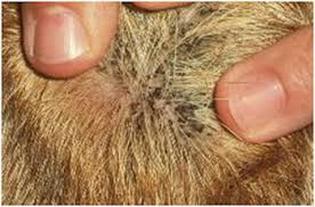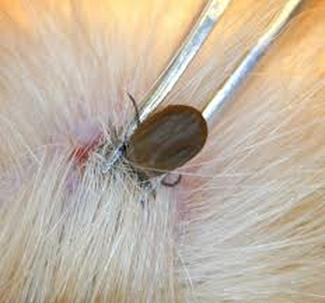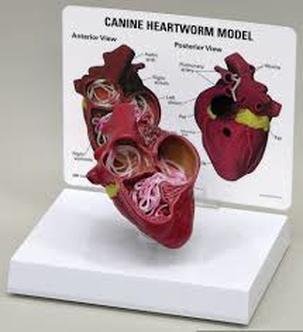|
Tick'sTicks can also be found year round in Florida, but they are not as abundant in areas as the flea. Ticks can transmit any diseases they carry, so preventing or removing them as soon as you see one is quite important. The lone star is the most common human-biting tick in Florida. Ticks need to feed for several hours to transmit disease, so it is important to check your pets and remove any ticks you may see as soon as possible. To remove a tick, grasp it on its mouthparts with tweezers and pull it straight out with firm pressure. If you live in wooded areas, check for ticks daily. The most common disease reported by ticks is Lyme disease.
|
|
Contact the office for current Flea, Tick, and Heartworm Preventatives
“Because we have viewed other animals through the myopic lens of our self-importance, we have misperceived who and what they are. Because we have repeated our ignorance, one to the other, we have mistaken it for knowledge.”
Tom Regan
Tom Regan


